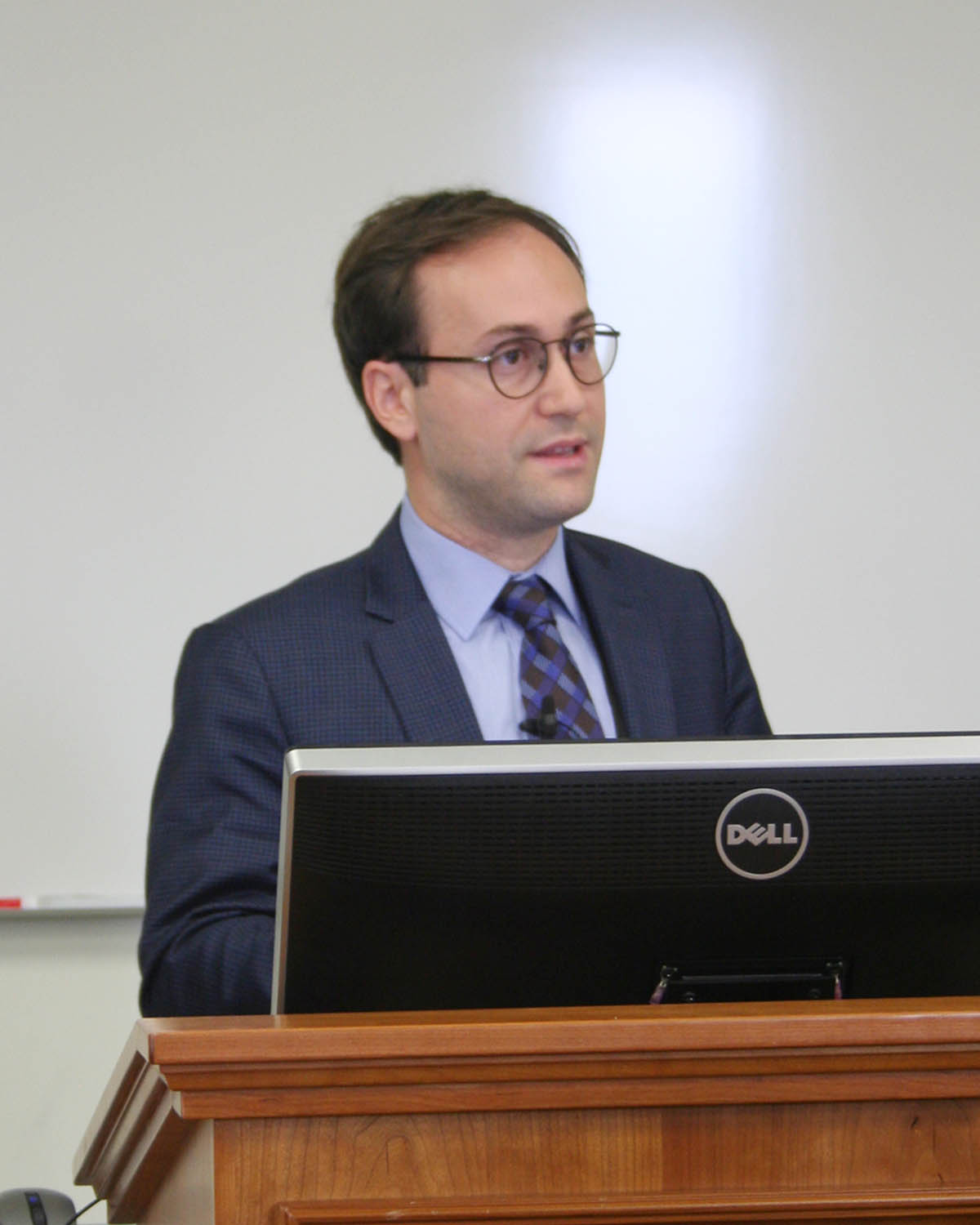Symposium 2015: Syria and Turkey

Reported by Blythe Shupe
This session was moderated by Quinn Mecham, Assistant Professor in the Department of Political Science at Brigham Young University. The panelists were Nuri Bodur, Attorney, Esin Attorney Partnership, Turkey; and Nabil Fayyad, Syrian Delegation for Constitutional Reform.
Nuri Bodur, an attorney with Esin Attorney Partnership, examined freedom of religion in Turkey through the eyes of the European Court of Human Rights (ECHR). There have been nine cases wherein Turkey was found in violation of Article 9, freedom of thought, conscience and religion by the ECHR. He reviewed Article 24 of the Turkish Constitution which states that everyone has the freedom of conscience, religious belief and conviction. He then looked at these nine cases which ranged from the requirement to manifest one’s religion on a Turkish id card to a ban on headscarves (now allowed), to cases on conscientious objection. While taking questions from the audience, Nuri stated that he is optimistic that the Turkish courts are evolving in a positive direction and taking the initiative to apply the principles of the ECHR.
Nabil Fayyad of the Syrian Delegation for Constitutional Reform spoke of the conflict in Syria, arguing that “the current crisis in Syria has its roots in the religious tradition of the country, mainly in Islamic theology.” As a neutral observer, he believes that religion, tradition and a rigid view of Islam all factor into the struggle, making this a confrontation between tradition and modernity, “the 7th century Arabia and the 21st century Syria”. His presentation attempted “to explain how some organizations that adhere to a literalist view of Islam can undermine international peace and security and destroy ancient cultures.” He argued that to resolve the global crisis resulting from the rise of the Islamic State in Iraq and Syria, one must reform institutions that perpetuate the sacredness of ideologies that form the backbone of terrorist groups.